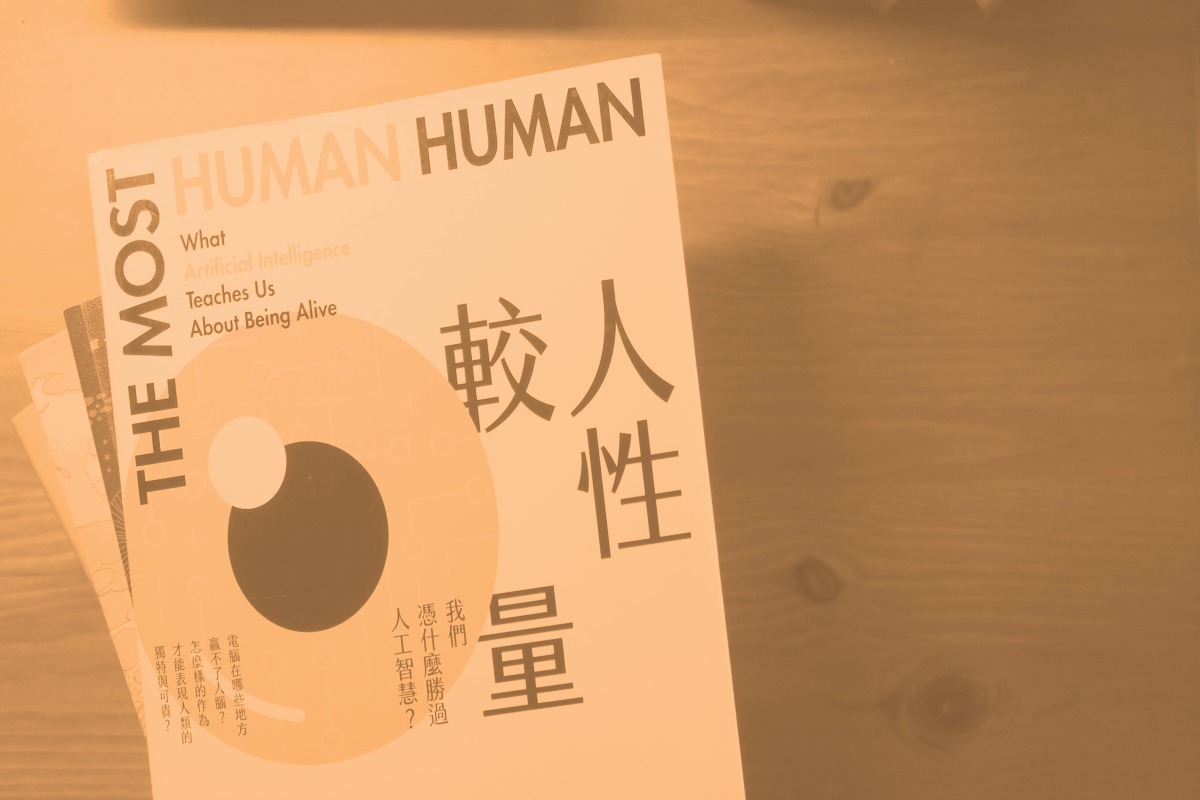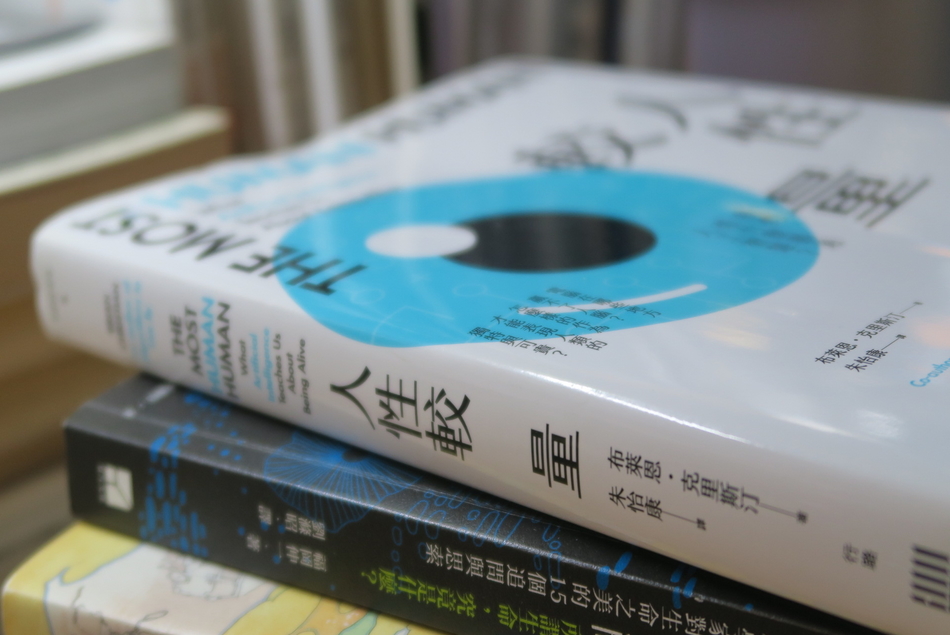Interview #61
Book Corner: “The Most Human Human: What Artificial Intelligence Teaches Us About Being Alive” by Brian Christian
李惠貞|The Unicorn Reading Project

Written and Images by 李惠貞|The Unicorn Reading Project
Translation by Wendy Yiu
A book is like a friend. We understand the world and life, or even observe ourselves through texts, and have a deep realization of oneself that we are not alone. PMQ invites different people from design and culture sectors to recommend a book, so that you can enrich yourselves as book therapy.
Why would you recommend this book?
李惠貞: A while ago I watched a documentary “The Social Dilemma” on Netflix. It provoked many ideas and thoughts in mind and reminds me of a book called “The Most Human Human” that I have read 2 years ago.
What attracted me at the beginning was the author's background: with a degree in philosophy, computer science, and poetry, he was a visiting scholar at Berkeley’s Institute of Cognitive and Brain Science, and an artist-in-residence in two art villages. In other words, he has a background in science and engineering, is a computer expert, also writes poetry, and is a philosopher! If you want to discuss issues of human nature and technological development, who is more suitable than someone who has both interests and expertise to talk with?
It all begins with the author's plan to participate in the annual "Loebner Prize”. This is a competition where computers and human contestants chat with the judges through a screen, and the judges will determine who is human and who is computer. (i.e. the famous Turing Quiz Reality Contest) The original title "The Most Human Human" (the most human-like person) is derived from this, and the champion will be awarded as "The Most Human Human”.
Isn't this absurd? We need to compete with computers to prove that we are "real people”.

“The Most Human Human: What Artificial Intelligence Teaches Us About Being Alive”
Author: Brian Christian
This book revolves around this main theme. As the author wanted to participate in the competition and explored in-depth what constitutes "human nature". In the competition between human and computers, will human beings eventually be defeated or win?
The reason I like this book is not just about the final result of the competition, but the debate process. It allows readers to think in many perspectives that have not been explored before, and touched upon a lot of interesting aspects and knowledge. The brain is constantly stimulated (the pleasant kind) with enjoyment.
Apart from logical deduction, the writing style is witty with a sense of humour. It’s like reading a novel instead of a science book. There is no doubt that this must be written by someone who studied humanities. Thanks to the translator, the translated text is also promising.
I agree with a few points from the book. First, because of technological progress, it forces us to look back and look at the reasons why "human nature" is precious and valuable. To some extent, human should learn to be humble.
"The computer teaches us about what it needs to be cherished."


